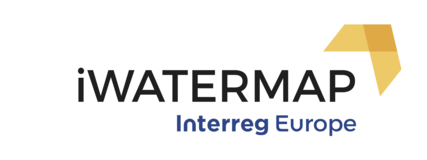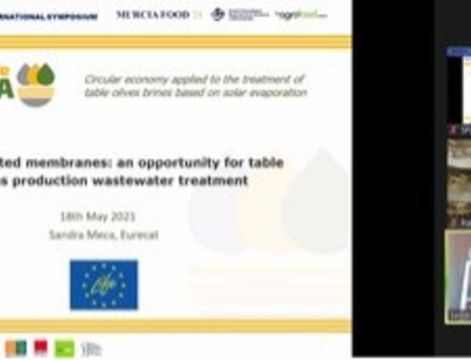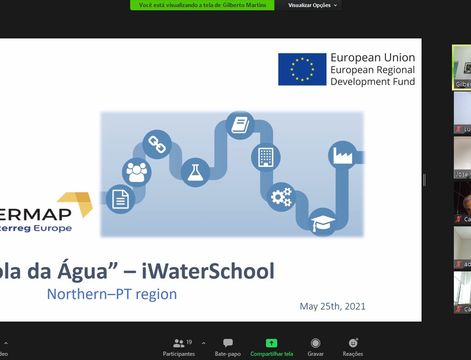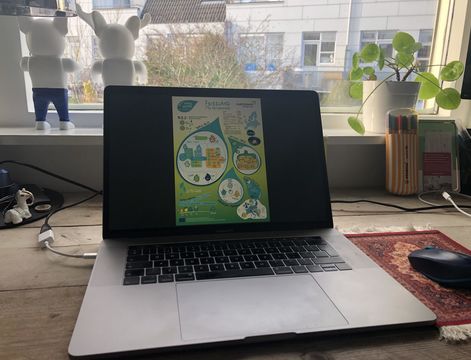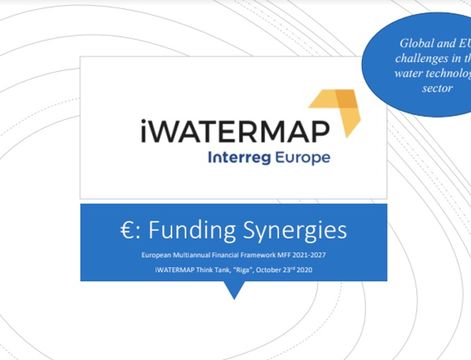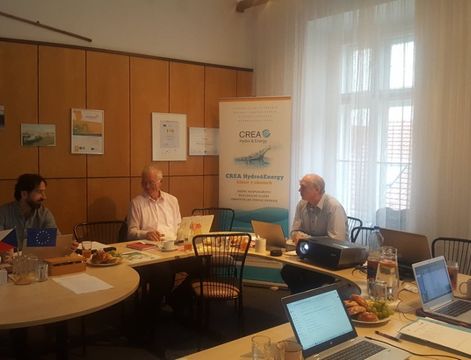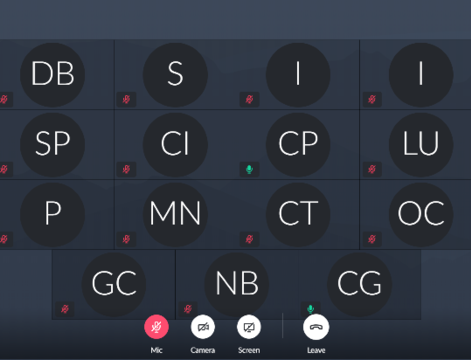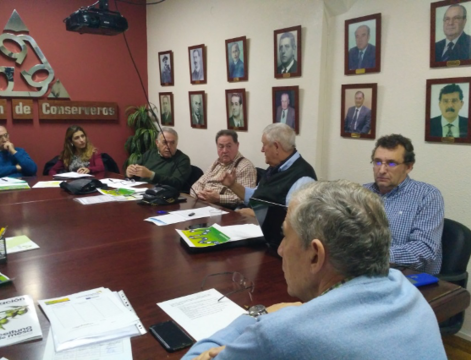The stakeholder consultation seminar within the iWATERMAP project, that took place online, on May 6th, 2020, brought together 22 participants (out of 26 famous entries), consisted in 9 representatives of public authorities (regional basin administrations, environmental protection agencies and public authorities), 2 representatives of the regional water company, 4 research-innovation units (universities and subsidiaries that have a research institute in the field of water equipment technologies), 1 representative of a private company, 2 experts from North-East Regional Development Agency (North-East RDA) and 4 experts from Business Development Group (BDGroup).
North-East RDA, briefly reviewed the recent activities of the iWATERMAP project and the planning of the next ones, as well as the “Water Smart Territories” (WST) partnership which aims to strengthen inter-sectoral collaboration between the water and IT&C sectors. Also, the objectives and further project collaborations of the WST S3 initiative were presented.
The External expert group (BDGroup) presented the main challenges resulting from the previous meetings of the iWATERMAP project and the proposals of the working consortium within the Regional Action Plan (RAP). In order to propose solutions on the 3 topics nominated as relevant by the iWATERMAP project team (increasing the critical mass of the innovation ecosystem, human resources and internationalization), it was suggested to establish and initiate Regional Action Groups (RAGs) that will successfully cooperate on the Roadmaps and further on the actions proposed by the Regional Action Plan in order to deal with and solve the regional challenges.
There were presented examples of RAGs working successfully at European level as well as the fact that a project idea (a market need), as a preliminary result of a research, can be successfully turned into a project application that can be funded from different funding opportunities at national or international level. The drafts of the three roadmaps were presented in more detail by the experts, followed by a debate on further developments of the roadmaps and on setting up the RAGs.
The proposed action groups to be organized were on the following topics: Digitization, Green Infrastructure, Circular Economy, Regional Center for Innovation in the Water Sector for Human Resource Specialization. One conclusion of this debate was that the participants should take the initiative and contact each of the partners they deem necessary to achieve the objectives as soon as possible so that the RAGs stakeholder collaboration exercise can be used for future project proposals.
